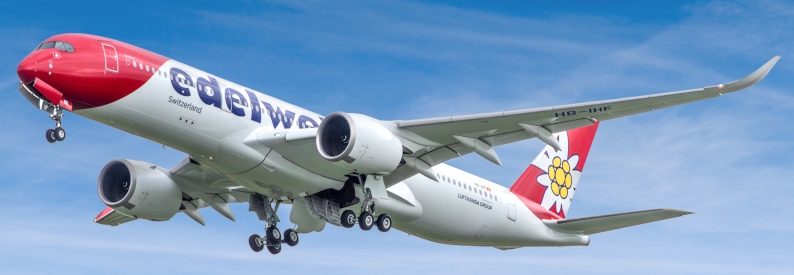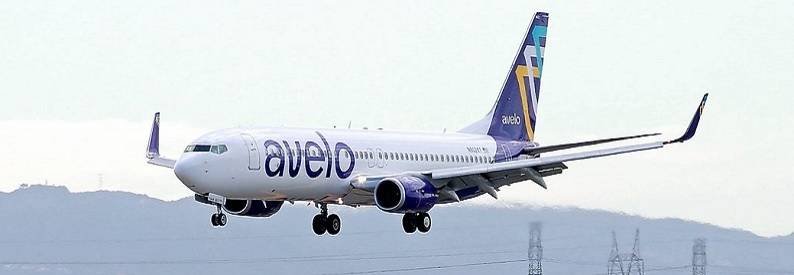LATAM Airlines Group will resume negotiations with its Brazilian pilots and cabin crew over a permanent reduction in salaries, after members of the National Union of Aeronauts (Sindicato Nacional dos Aeronautas - SNA) voted to instruct the union to continue talks.
The wage cuts were discussed intensively during the crisis, during which LATAM Airlines Brasil (JJ, São Paulo Congonhas) pushed for them to be implemented, an idea that the affected workers vetoed. Immediately afterwards, in early August, LATAM fired 2,700 crew members.
In September, the airline told the Superior Labour Court (Tribunal Superior do Trabalho - TST), the mediator of its talks with the union, that it still had an excess of around 400 pilots and 800 cabin crew in Brazil and that it would need to dismiss these workers shortly. But the layoffs could be avoided, it added, if it managed to cut flight crew labour costs by 20%.
In an online vote held on October 1 and 2, therefore, LATAM Brasil employees authorised the SNA to negotiate permanent changes to their remuneration model with the company, the union related in a statement.
According to chief executive Jerome Cadier, some of the changes must be permanent to guarantee the continuity of LATAM’s operations in the country. Competitors Azul Linhas Aéreas Brasileiras and GOL Linhas Aéreas Inteligentes have so far negotiated temporary wage reductions with flight crews, for salaries to return to normal from the end of 2021. This has avoided mass layoffs at the carriers.
The SNA said in its statement that in its poll, pilots voted 65.5% in favour and 34.5% against, co-pilots 65.4% in favour and 34.6% against, and cabin crew 55.7% in favour and 44.3% against. The union will now present its response to the TST, which will guide the next steps.
Some LATAM crew members told the Brazilian aviation news site Aeroflap that the new base salary at LATAM Airlines Brasil, currently higher than those of Azul and GOL, may be reduced to GOL’s level. LATAM has previously warned that it pays the highest salaries in the sector and that this cannot be sustainable in the medium and long term.








